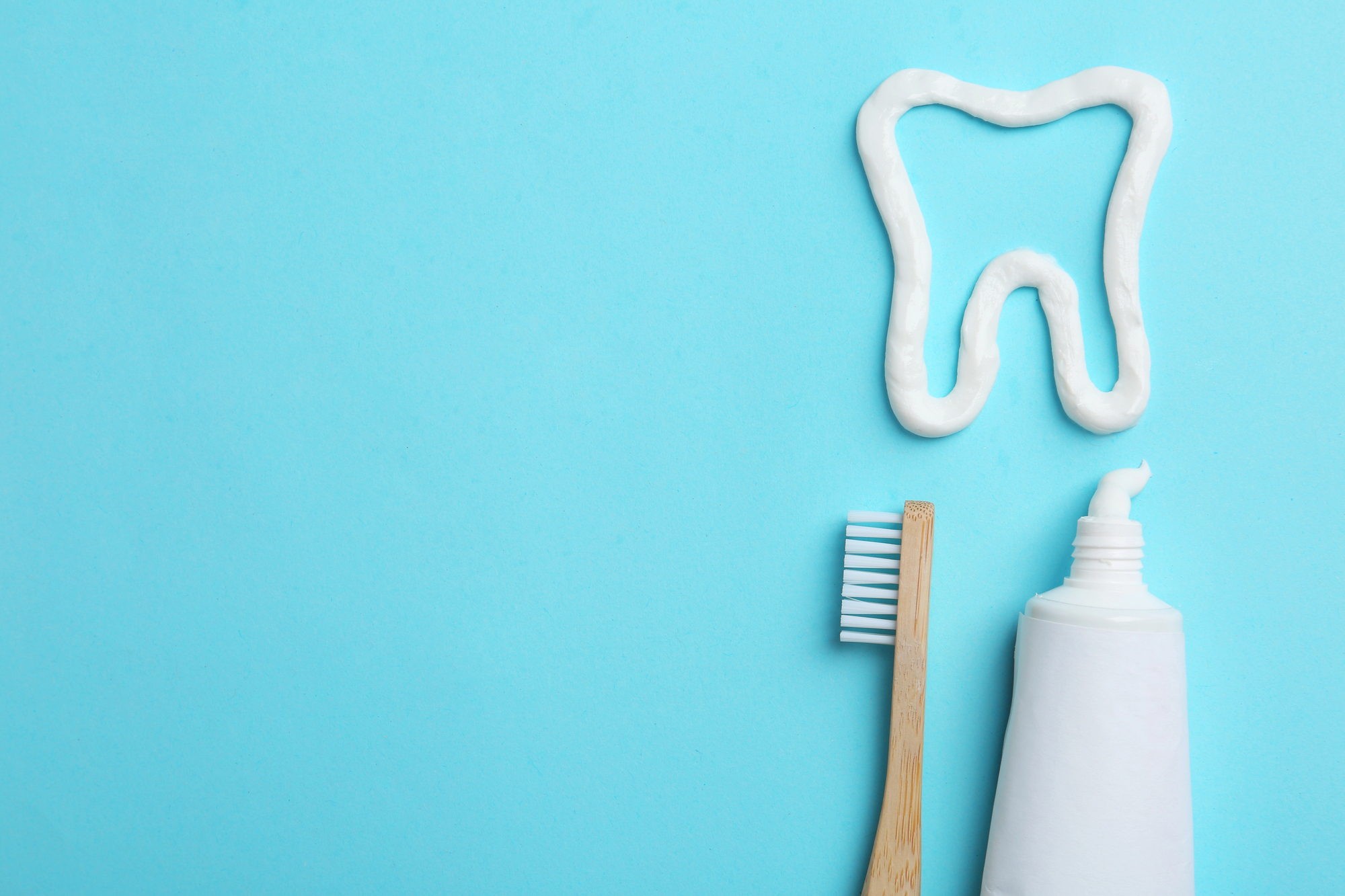Dental Hygiene Myths You Should Stop Believing – From a Yorkville Dentist’s Perspective

When it comes to dental hygiene, misinformation spreads fast. From social media fads to outdated advice, many people follow practices that do more harm than good. As Yorkville dentists, we see the consequences of these myths every day—stained teeth, cavities, and gum disease that could have been avoided. Let’s set the record straight and debunk some of the most common misconceptions about dental care.
Myth #1: Charcoal Toothpaste is the Key to Whiter Teeth
Charcoal dental hygiene products have become a trendy alternative to regular toothpaste, claiming to whiten teeth through their detoxifying properties. The truth? Charcoal is abrasive. While it can remove some surface stains, it also wears down tooth enamel over time. Once enamel is gone, it doesn’t grow back—leaving teeth more sensitive and prone to cavities.
Yorkville dentists will recommend safe, proven whitening treatments instead. Professional whitening dental procedures use controlled concentrations of bleaching agents that lighten stains without damaging enamel. If you want a brighter smile, talk to your dentist about safe options rather than relying on unregulated products.
Myth #2: Oil Pulling Replaces Brushing and Flossing
Oil pulling is an ancient oral hygiene practice that involves swishing a tablespoon of oil—typically coconut, sesame, or sunflower—around in your mouth for several minutes. This has been promoted as a cure-all for everything from bad breath to tooth decay. While it may have minor benefits in reducing bacteria, it does not replace brushing and flossing.
Brushing removes plaque from the tooth surface, and flossing clears out food particles and plaque between teeth where brushes can’t reach. Skipping these steps in favor of oil pulling can lead to cavities and gum disease. Good dental hygiene still requires brushing twice a day, flossing, and visiting a dentist for regular checkups and cleanings.
Myth #3: Flossing Isn’t Necessary If You Brush Well
Many people believe that brushing alone is enough. It isn’t. Plaque and food debris build up between teeth, areas your toothbrush can’t reach. Without flossing, bacteria thrive in these spaces, leading to gum disease and bad breath.
As Yorkville dentists, we can’t stress enough how vital flossing is. It prevents plaque buildup in hard-to-reach places and helps avoid costly dental procedures like deep cleanings or fillings. Flossing only takes a minute each day but can prevent serious dental problems later on.
Myth #4: If Your Gums Bleed, Stop Flossing
Seeing a bit of blood when you floss can be alarming, but it’s often a sign of gingivitis—early-stage gum disease caused by plaque buildup. Stopping flossing makes the problem worse. With regular flossing and professional cleanings, bleeding gums usually improve as inflammation decreases.
If bleeding continues after a couple of weeks of proper care, consult your dentist. They can check for underlying issues and recommend the right dental procedures to restore gum health.
Myth #5: Harder Brushing Means Cleaner Teeth
Scrubbing your teeth aggressively doesn’t make them cleaner. In fact, it can wear away enamel and irritate your gums. Proper dental hygiene relies on technique, not force. Use a soft-bristled toothbrush, angling it at 45 degrees to your gums, and utilize gentle circular motions.
A Yorkville dentist will always recommend soft, consistent brushing paired with fluoride toothpaste and daily flossing. It’s not about brushing harder—it’s about brushing smarter.
Myth #6: Dental Visits Aren’t Necessary If Nothing Hurts
Pain is often the last symptom to appear in dental problems. Cavities and other oral health concerns can progress silently before you notice anything is wrong. Regular dental visits help detect issues early, saving you time, money, and discomfort in the long run.
Professional cleanings remove hardened tartar that brushing and flossing can’t. Dentists also screen for cavities, gum disease, and oral cancer—things you can’t spot at home. Preventive care is generally easier and less expensive than major dental procedures required to correct advanced issues.
The Bottom Line
Trendy products and shortcuts can’t replace consistent, proven dental hygiene habits. Brush twice a day, floss daily, and see your Yorkville dentist regularly for checkups and professional cleanings. If you’re curious about whitening or other cosmetic treatments, always seek expert advice before trying DIY solutions.
Good dental hygiene isn’t about doing more—it’s about doing it right. Don’t fall for myths that can damage your teeth and gums. Trust science, not social media, for a healthy, confident smile.
